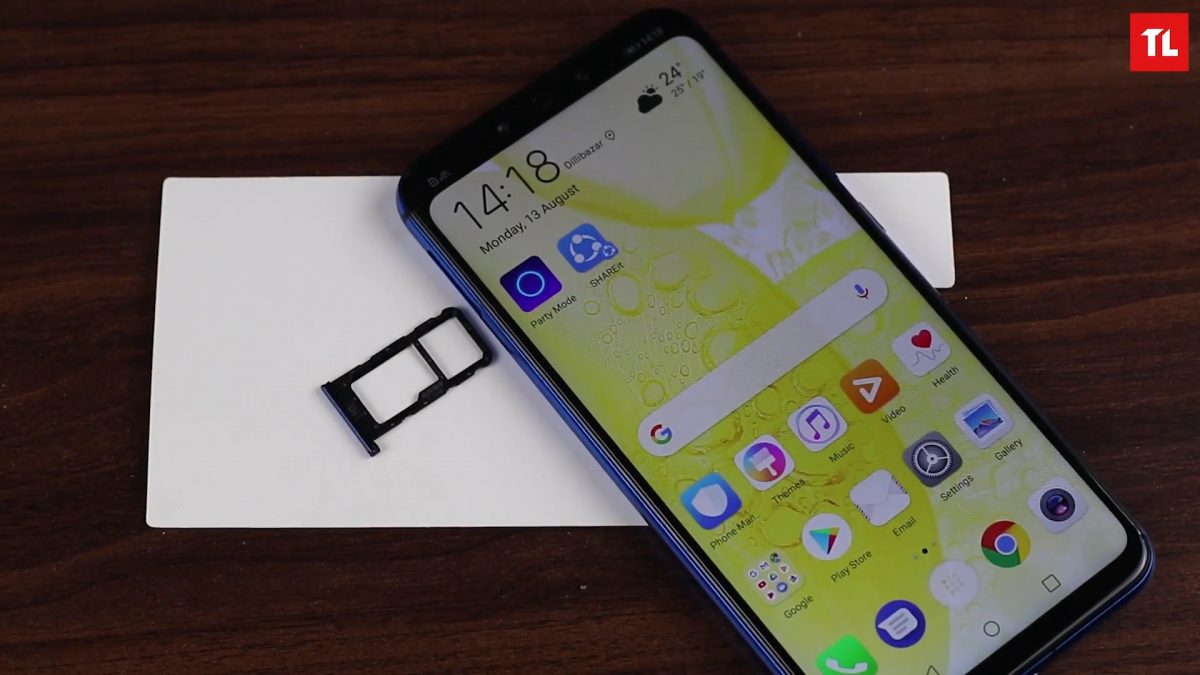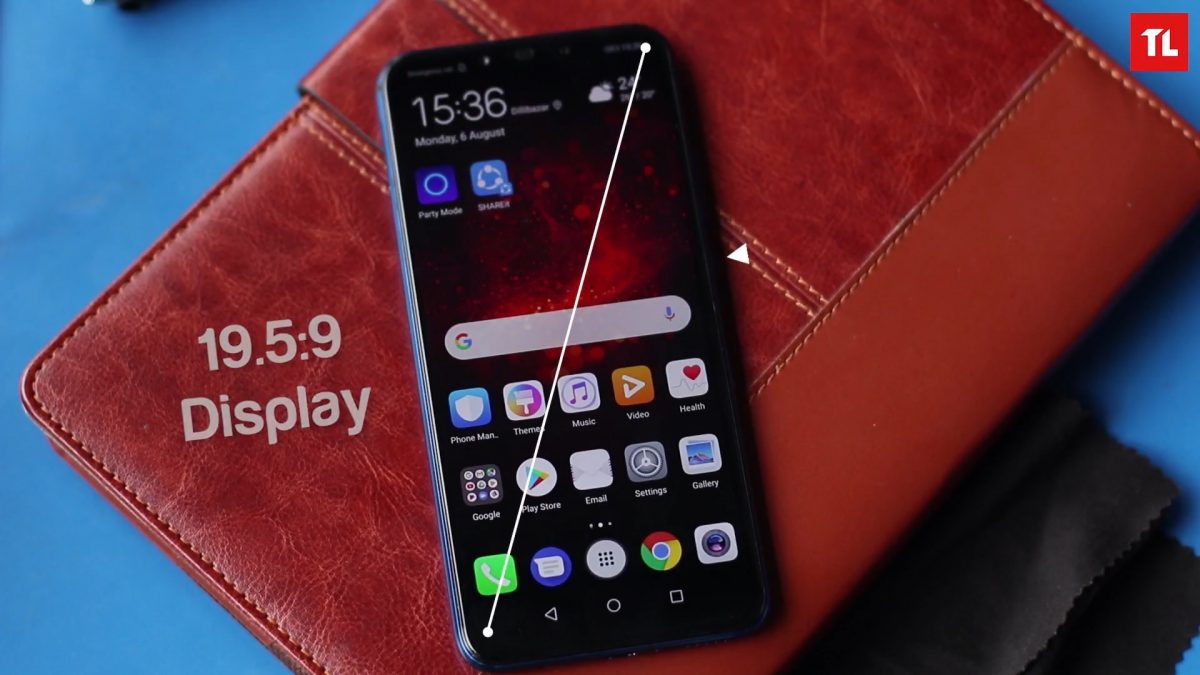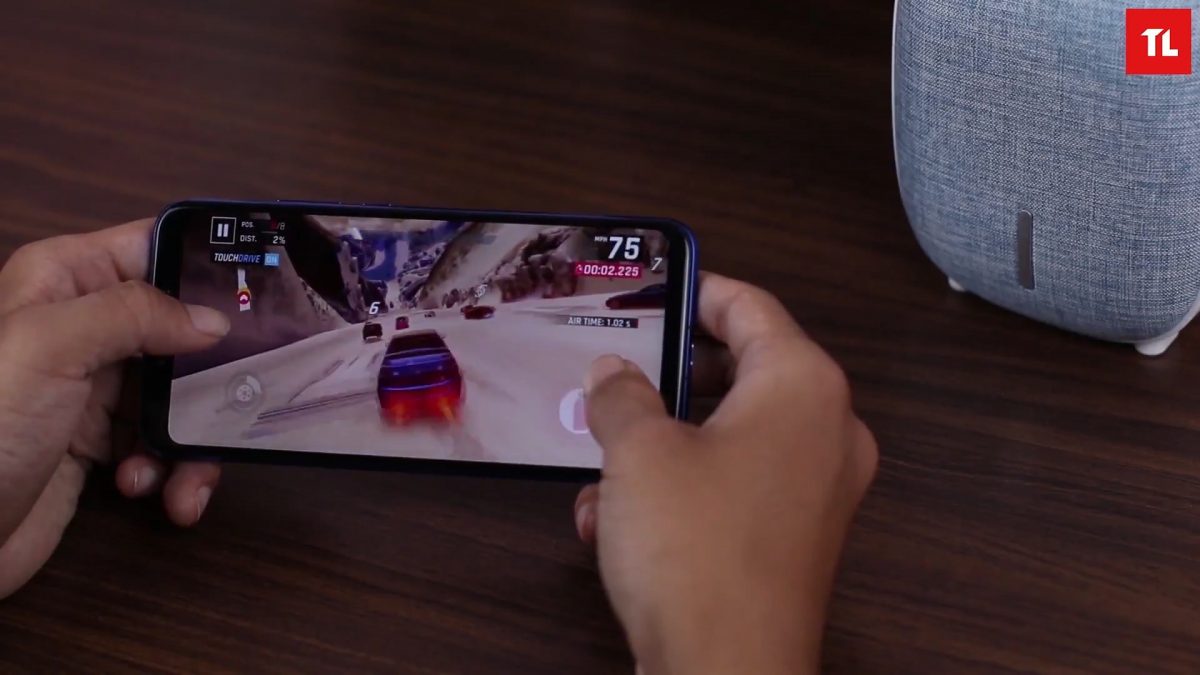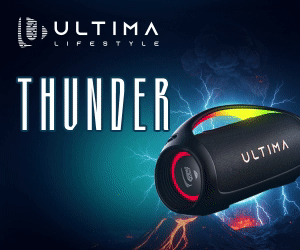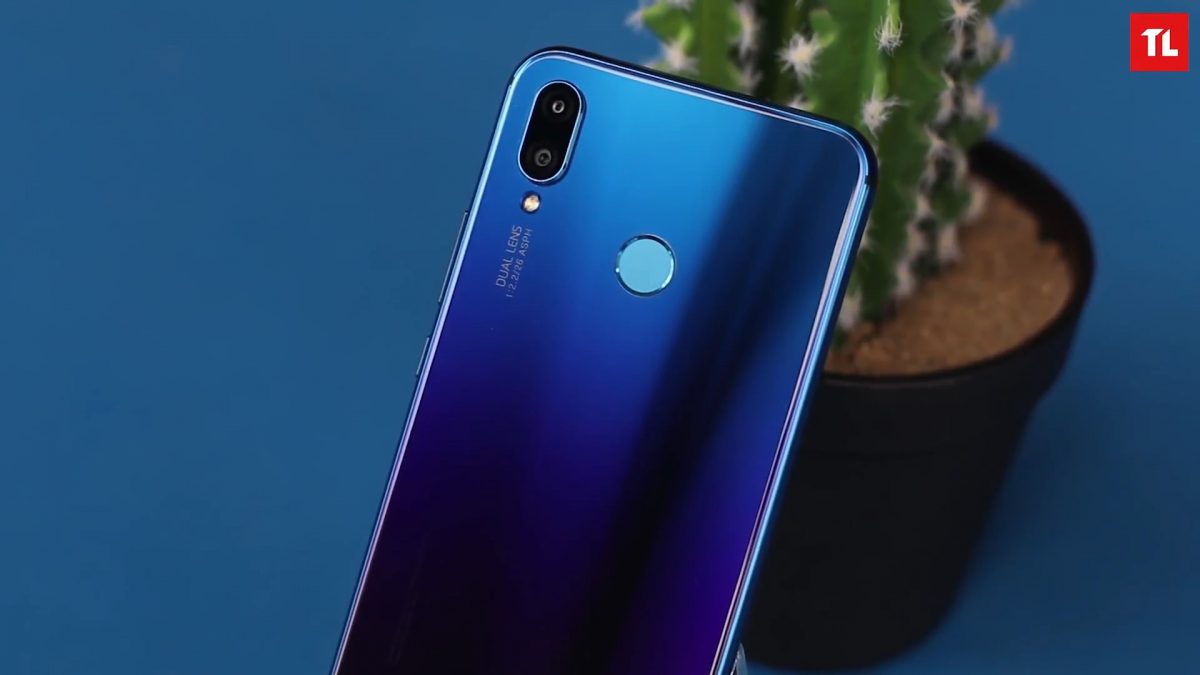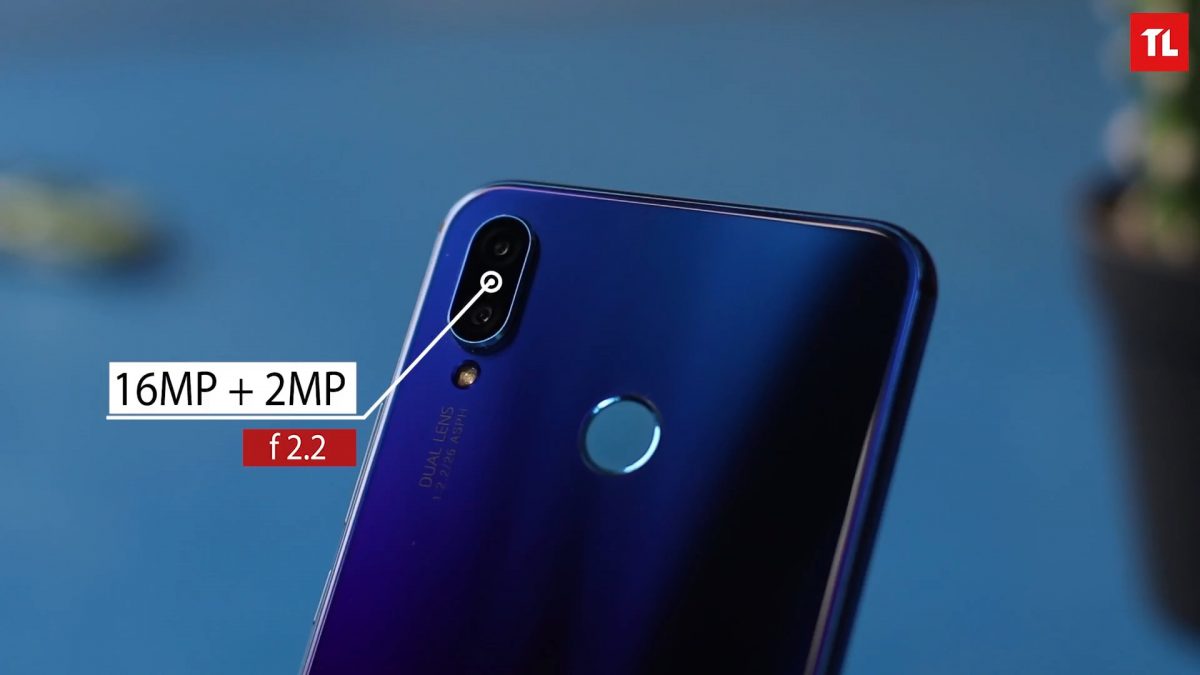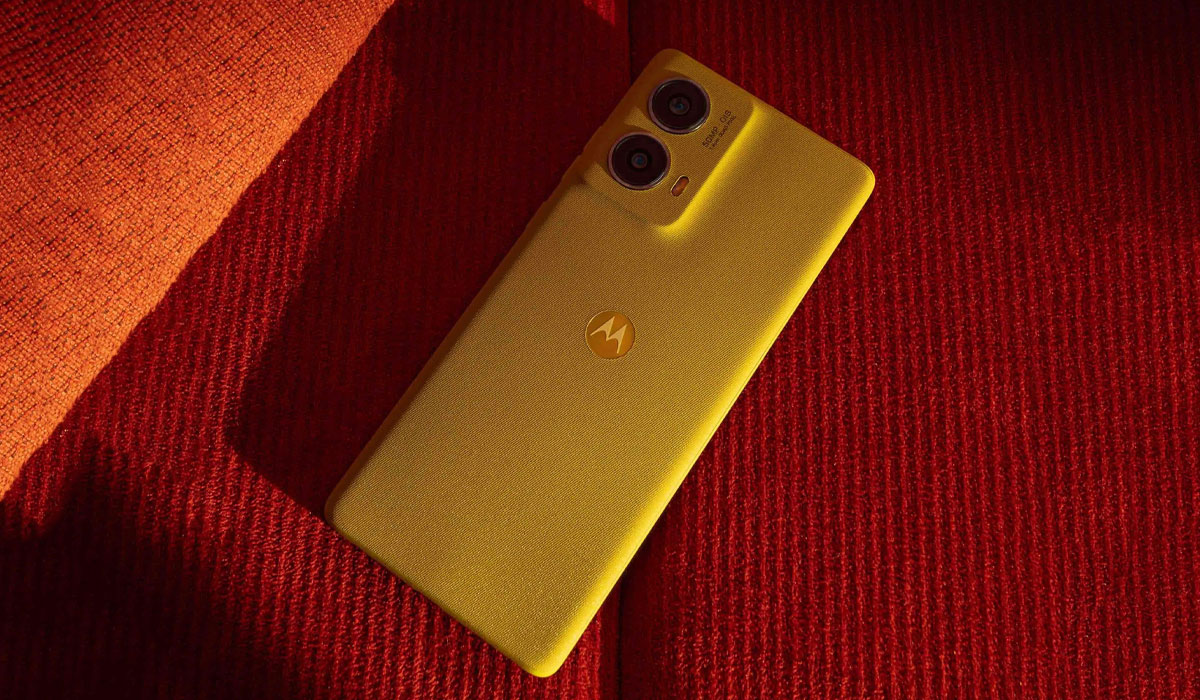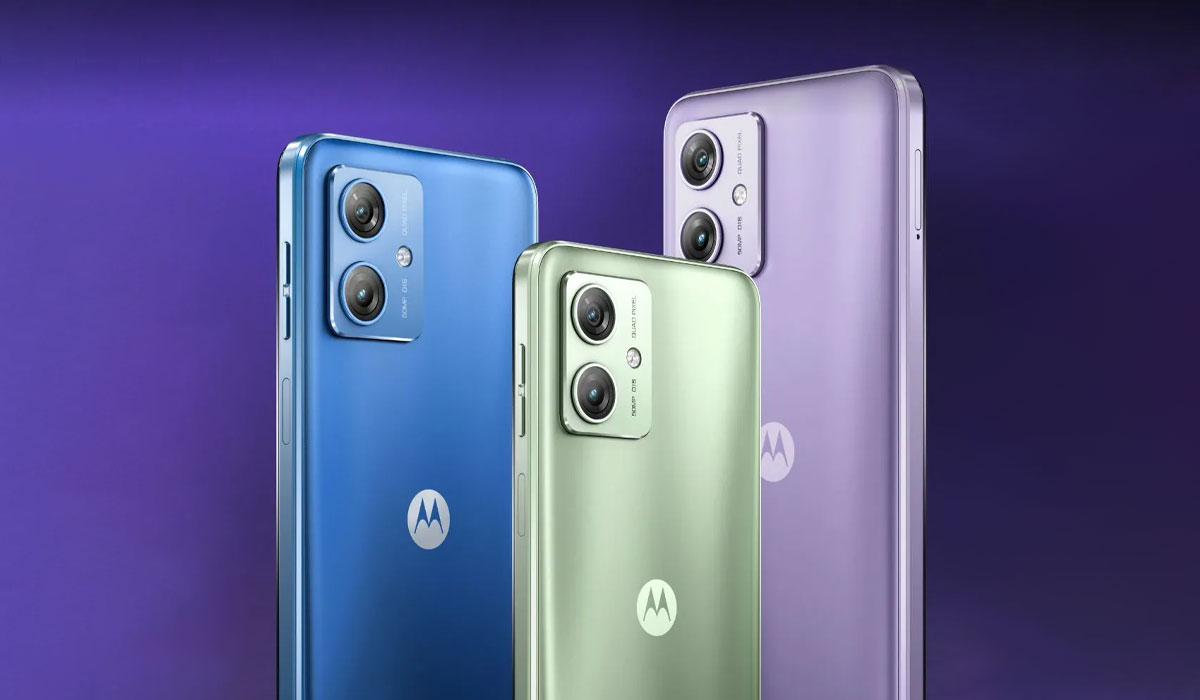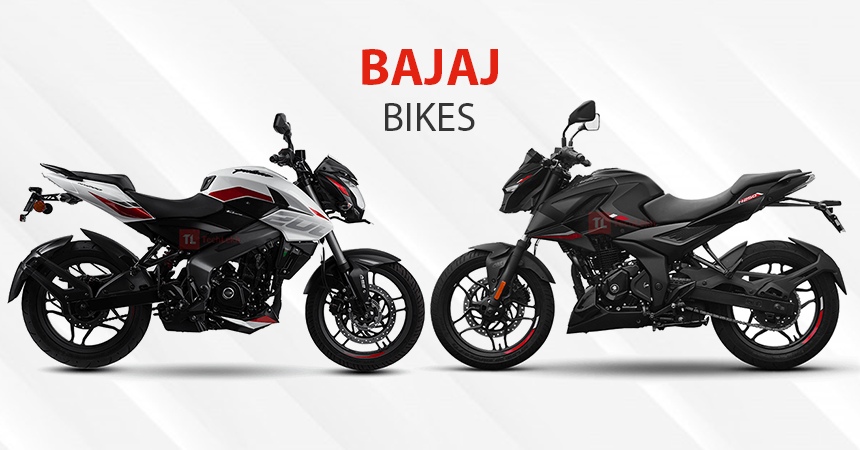Huawei is one of the largest smartphones manufacturers and recently it has been creating quite a buzz in the smartphone market. Huawei’s Nova series is quite popular in Nepal. Targeted towards a young audience, Nova phones offer premium smartphone experience on a budget.
Fresh off the recent launch of its budget Nova offering for 2018, the Nova 3e, Huawei is back with a successor to the Huawei Nova 3i. Priced at Rs. 39,000 in Nepal, can the Huawei Nova 3i live up to its expectation? Find out in our Huawei Nova 3i review.
Huawei Nova 3i Review
Design & Build
The Nova 3i sports a similar glass panel with an aluminium frame design that we’ve seen from Huawei’s premium offering. This is a huge plus as the latest phone once again belies its actual price tag with a look and feel that could go toe-to-toe with some flagship smartphones. With some design cues from Huawei’s premium lineup, the Nova 3i carries a dual camera setup on the back along with a rear-mounted fingerprint sensor. The rounded edges look smooth and the antenna bands are well hidden. The glass finish is as smooth as it gets and feels as premium as some flagships in the hands. The Iris Purple colour looks really awesome and is a definite eye catcher. The build and design of this phone is very good. It almost feels more expensive than it is.
Moving on to the front, the minimum bezels are smaller than the nova 3e and yes there’s’ a notch at the top. At this moment notches have become normal and none should have a problem with it. If you do, there’s an option to hide the notch as well.
On the right side, we have a physical volume rocker and power key, with the former doubling up as a shutter button, while the left is home to a solitary dual-SIM tray. Similar to the Nova 3e, it’s a hybrid dual sim slot with micro SD support. Aside from the standard 3.5mm headphone jack and single firing bottom speaker, I was surprised that USB C was not included as the previous release, the Nova 3e came with the type c port. Also, the Nova 3i has improved speaker, it sounds better than the 3e.
Display
Nova 3e sports the trendy edge to edge screen. It uses the LTPS IPS LCD with a screen resolution of 1080*2340, the minimum bezels and the tall 19.5 by 9 aspect ratio means that the screen takes almost the whole surface of the phone.
The display seems slightly sharper than the 3e. It’s crisp and it has to be one of the best displays in the mid-range smartphones. The colours are punchy and it’s bright enough. The viewing angles are great and you won’t have any problems with the display in outdoor condition too.
Out of the box, the Nova 3e is set to a default colour mode. This can be switched to a far cooler mode or a warmer mode in the display settings menu. There’s an eye comfort mode for filtering out the blue light, which can be scheduled for a certain time of a day, an optional smart resolution toggle that automatically drops the display down to a 1,520 x 720 resolution to conserve battery when required. The display is certainly one of the main highlights of the Nova 3i. And, at this price point, there are not many smartphones with such crisp display.
Hardware and Performance
For the hardware, we get 4 gigs of RAM, 128 gigs of internal storage which can be expanded using a micro SD card. Meanwhile, we get an upgraded kirin 710 chipsets with GPU turbo.
The kirin 710 is a huge step up from the kirin 659. Internet browsing, opening apps and multitasking were smooth. It ran most of the intense title we threw at it with relative ease. On the plus side, the GPU turbo really helps to conserve the battery even while gaming. We noticed that the battery depletion rate while gaming is marginally better than the nova 3e.
The fingerprint sensor sits on the back and it’s lighting fast as any other Huawei phones. In addition, you can also use gestures for various actions such as receiving calls, and etc.
Software
The Nova 3i runs Android 8.1 Oreo out of the box, with EMUI 8.2 on top. There is an option to use the app drawer and most of the icons look flashy. Also, it comes with some bloatware like Huawei Health and other pre-installed tools. Swiping right on the home button takes you to smart care where you can monitor your phone usage, news, fitness data and others.
Features you would expect like face unlock is certainly there and it’s quite fast and works well. The fingerprint scanner is quite fast and accurate as well. There are some things I really like about EMUI. For example, the ultra-battery saving mode, smart screen resolution, different navigation, there are lots of customization available.
Additionally, there are some motion features, you can swipe with three fingers to take the screenshot and you can even take the scrolling screenshot which allows you take the screenshot of the full display as long as you can scroll.
Camera
Huawei has been offering the dual-lens camera in the Nova lineup, so it’s no surprise to see two sensors on its latest offering. The Nova 3i sports a primary 24MP f/2.0 lens and a 2MP lens for taking portrait shots.
The primary sensor looks great here, great in details and it comes with HDR pro mode for better dynamic range. It comes with portrait mode and lighting options, the edge detection and blur amount is quite decent here. Furthermore, the front camera supports AI to enhance the camera experience.
AR stickers are implemented quite well if you’re into it, it’s a nice way to kill some time with your friends.
The rear camera gets an upgrade from the Nova 3e. There’s a 16 MP f2.2 primary rear sensor and a 2MP depth sensor. The camera app is fairly easy to use and provides a wide variety of modes such as HDR, panorama, Night shot and time lapse. And there’s a fully featured pro-mode as well for both, photo and video.
Talking about cameras real-life performance, photos captured from the rear camera in favourable lighting conditions are quite impressive, level of detail and colours are good and has a decent dynamic range. Like Nova 2i and the Nova 3e, the 3i also tends to oversaturate but maintains nice contrast most of the times.
It comes with the AI support which tries to tweak images according to the situation. The good thing is you can cancel out the AI tweaks even after capturing the picture. So always click pictures in AI mode and turn it off you don’t like the tweaked effects.
There’s also a wide aperture mode, allows you to take shot with depth of field effect which are decent at best. There’s also a portrait mode and it seems to do a good job with nice amount of blur and average edge detection.
However it is not as good in the low light situation, the noise is more or less kept under control but the images seem over sharpened and overexposed.
Moving on to the videos, it can capture up to 1080p 60 fps. The videos look quite soft and lack details but go down to 1080 30fps and the details level improve drastically with improved dynamic range. However, there are no stabilization features; OIS or EIS. There’s also a super slow-mo up to 480 fps which look quite decent.
Battery
We get an upgraded 3340 mah battery. Coupled with a power efficient Kirin 710, I had no issues getting through a full day on moderate use. Browsing Instagram, social media, Spotify and playing a bit of PUBG on a single charge was a breeze. In fact, I usually had 20 % left in the tank at the end of the day. The charge time is average, takes about an hour and 45 to go from 0 to 100.
Wrapping It Up
So, at 39 thousand rupees you’re getting a phone that looks more expensive than it is with fabulous build quality, a solid processor inside, and an AI front camera that will not let you down. However, its camera could have been much better and the inclusion of a USB type C would have made this device more palatable. If those aren’t high on your list of priorities then the Nova 3i will serve you quite well though.
Huawei Nova 3i looks stunning and feels equally beautiful as well. It’s a similar phone to the Nova 3e and it’s a very good midrange smartphone. But smoother performance, efficient processor and battery is definitely worth the upgrade.
What do you think of the Nova 3i? Let us know in the comments below!
-
Motorola Moto G85 Arrives in Nepal: Curved Screen on a BudgetHIGHLIGHTS Motorola Moto G85 price in Nepal is Rs. 34,499 (8/128GB) and Rs. 37,499 (12/256GB).…
-
Motorola Moto G64 Lands in Nepal with Massive Battery and 120Hz DisplayHIGHLIGHTS The Motorola Moto G64 price in Nepal is Rs. 27,499 (8/128GB) and Rs. 30,999…
-
Bajaj Bikes Price in Nepal (April 2025 Updated)This is the complete price list for the Bajaj bikes price in Nepal for 2025.…


